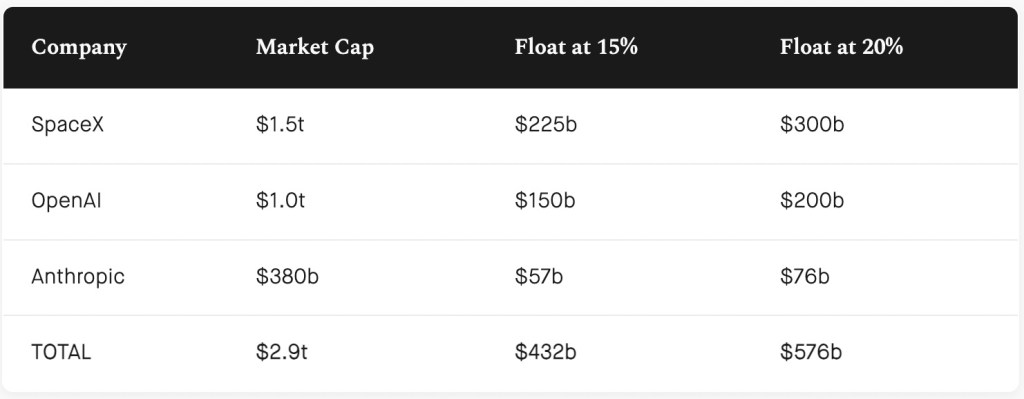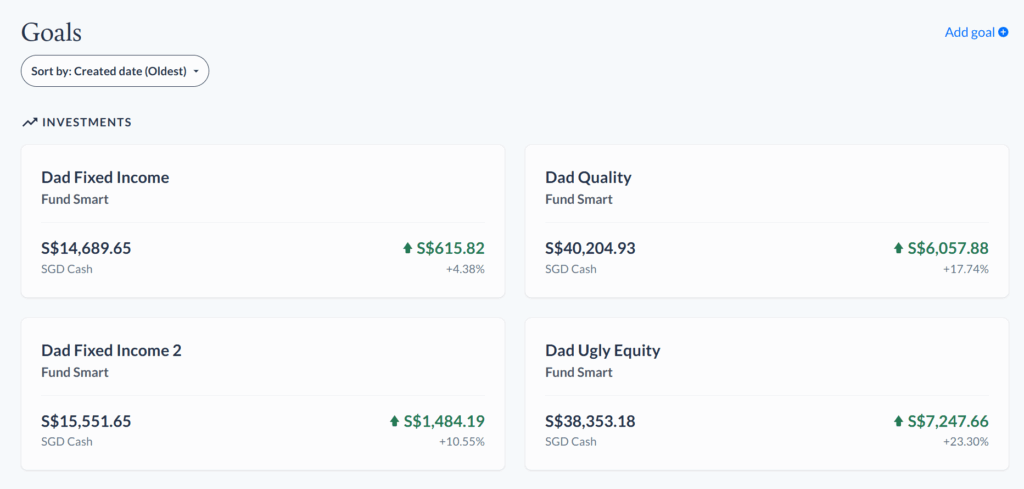Inside the DOJ’s Game-Changing Playbook: How the New Foreign Corrupt Practices Act Enforcement Will Shake Global Business to Its Core
Ever wondered what ice pops and international bribery enforcement have in common? Stick with me here—just like that vibrant stack of popsicles, the Department of Justice’s approach to the Foreign Corrupt Practices Act (FCPA) has been put on ice for a moment, only to come back with a fresh, streamlined flavor designed to protect American businesses and national security without overindulging in regulatory overreach. After a four-month freeze ordered by President Trump’s Executive Order 14209, Deputy Attorney General Todd Blanche shattered the old mold on June 9, unveiling a recalibrated enforcement playbook that slashes nearly half of the DOJ’s foreign bribery cases and zeroes in on the big players—the high-dollar bribes, key industries like defense and energy, and those shady deals that actually disadvantage U.S. firms competing abroad. Think of it as trimming the fat so the DOJ can move faster, smarter, and laser-focused, encouraging companies to come clean with the promise of lighter penalties if they cooperate. Sure, questions linger—will this enforcement shake-up play out fairly among all players, or will some still skate by?—but one thing’s clear: the game has changed, and if you’re in global business, it’s a mix of caution and opportunity you can’t afford to ignore. LEARN MORE

Following a four-month freeze on the enforcement of laws against bribing foreign officials, Deputy Attorney General Todd Blanche on June 9 announced details of the Department of Justice’s overhauled guidelines for investigating and enforcing the Foreign Corrupt Practices Act.
In the early days of his second term, President Donald Trump signed Executive Order 14209, which instructed the Justice Department to pause all new FCPA investigations and enforcement while it reviewed and updated guidance to address the “overexpansive and unpredictable FCPA enforcement against American citizens and businesses.” The order also directed the DOJ to provide solutions to eliminate “excessive barriers to American commerce abroad.”
Blanche’s memo states that the revamped FCPA enforcement strategy focuses on protecting U.S. business interests and national security while scaling back what the administration views as regulatory overreach. The executive order that brought FCPA enforcement to a temporary halt cited concerns that the law was being used in ways that disadvantaged American firms.
The freeze, though controversial, led to a comprehensive internal review at the Justice Department, resulting in a streamlined approach that shuttered nearly half of the department’s open foreign bribery cases and refocused resources on the most geopolitically significant targets. Blanche was blunt in his assessment of the framework, stressing that the DOJ was “ending abusive overreach and closing cases that never should’ve been opened.”
What stays and what goes? In the future, the Justice Department will concentrate on high-dollar, high-stakes conduct, such as large bribes rather than “small-time payoffs.” Investigations will zero in on industries like defense and energy that are vital to national security. Investigations will also focus on misconduct that directly disadvantages domestic firms, such as bribes paid to secure foreign contracts where U.S. companies are also competing. “Corrupt competitors skew markets and disadvantage law-abiding U.S. companies,” Blanche said in the memo.
This new focus comes with a more strategic enforcement philosophy. According to the memo, the DOJ has committed to conducting investigations more quickly and weighing the “collateral consequences” for companies under scrutiny, such as disruption of lawful operations or reputational damage from drawn-out probes. The memo also spells out specific factors DOJ will weigh in deciding whether to open a case. These factors include ties to transnational criminal organizations, efforts to obstruct justice or conceal payments, and the presence (or absence) of a foreign law enforcement authority willing to take the lead. Enforcement, in other words, will be more selective and focused on intentional corruption involving sophisticated concealment or national security risks.
Notably, the DOJ is doubling down on encouraging voluntary disclosure. Under the new guidelines, companies that self-report, cooperate, and remediate in cases of FCPA violations will receive a formal declination, except in truly “aggravating” circumstances. This appears to signal that the agency will closely scrutinize any internal recommendation not to issue a declination in those cases, meaning the path to avoiding prosecution is clearer than ever for companies that respond promptly and cooperate fully.
Amid all the changes, one big question remains: Will the changes apply equally to U.S. companies that undercut other U.S. firms abroad, or will enforcement continue to focus mainly on non-U.S. companies with ties to U.S. markets? We won’t know for sure until we see the impact of the new FCPA enforcement framework in action. But we do know the goal is an approach that is both narrower and faster. For companies operating globally, that sounds like both a warning and an opportunity.



















Post Comment